
Way back in 1984, Robert Cialdini wrote a book called Influence: The Psychology of Persuasion.
If you’ve heard of it, I’m not surprised. It’s been a bestseller for a long time, and it’s consistently called a classic.
I love it so much that I’ve written several articles that explain Cialdini’s principles applied to marketing.
In his book, Cialdini identified six fundamental principles of persuasion. You’ve probably heard of these too.

These six principles are universal. Once you learn them, you start seeing them everywhere.
If you see an ad, a CTA, or a piece of content, at least one of these principles is in action.
There’s one that stands out in particular: social proof.
We live in a social age. We’re obsessed with social networks like Facebook and Instagram.
We’re always looking around at what our friends are doing or seeing what influencers are up to.
So it makes perfect sense that social proof is an important principle to understand today.
And guess what. When you use social proof the right way, it can actually improve your SEO.
That’s right––social proof can be an SEO technique.
The trick is to get more brand mentions online to skyrocket your rankings. In this article, I’ll break down some of the strategies I use to do just that.
Once you have this technique down, you’ll have a powerful tool at your disposal, so I highly suggest taking the time to learn this.
What is a brand mention and why do I want one?
This is probably the first question you asked yourself after you read the title of this article.
It’s a valid question.
I’ll answer it by showing you an example you most likely already know.
Ever heard of a little site called Product Hunt

Hundreds of thousands of people use it to find cool new products and services.
If your product were to go on the front page of Product Hunt, you’d get a lot of attention. You’d probably get a massive amount of new sales.
This is an example of a brand mention.
When Elon Musks’s new company, Neuralink, hits Product Hunt’s front page — boom. Neuralink gets a ton of attention.
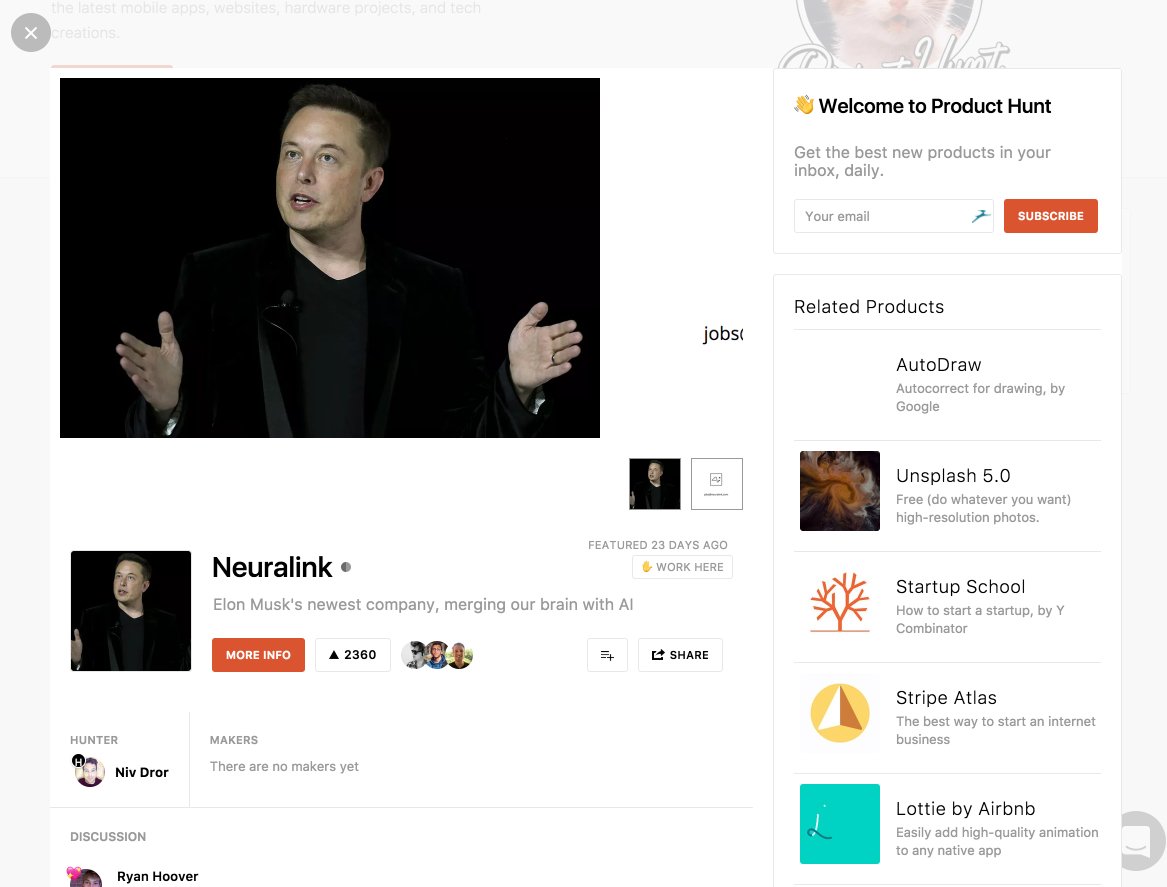
That’s the basic idea: A brand mention happens when someone talks about your product or service.
Crowdfunding sites like Kickstarter and Indiegogo also provide brand mentions, although on a more limited scale, since only projects on the sites can be featured.
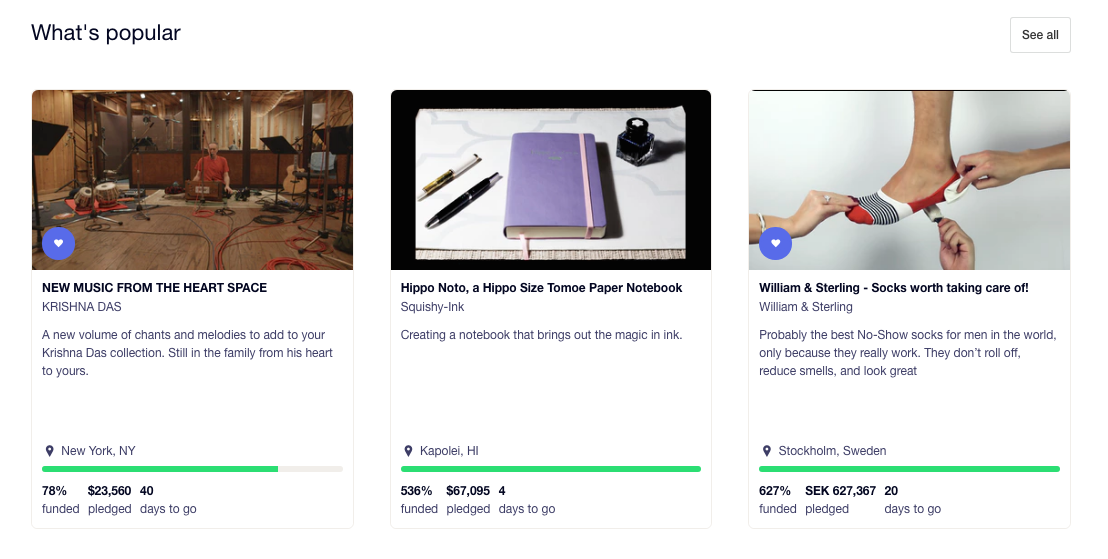
Brand mentions can happen in a lot of different ways. Think of a mention as a shout out for your business.
For example, someone might mention your company in a blog post. That’s a brand mention.
Speaking of Cialdini, my own company got a brand mention in a ConversionXL article about Cialdini.

But here’s what happens most. If you get your product or service out there, people will talk about it. This, in turn, will create an organic buzz around your business.
This usually happens on social media networks or content sites. It could be someone sharing your site or someone referring your company to a friend.
As a result, you’ll get tons of shares and even sales. That’s what brand mentions can do for you.
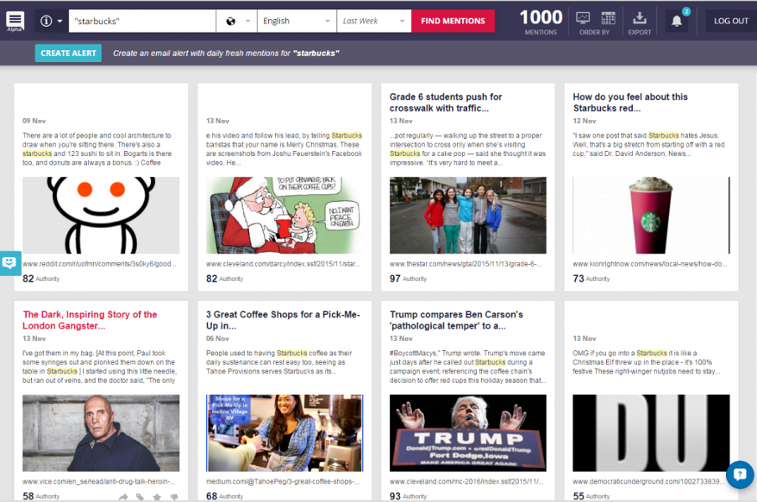
All of this seems pretty sweet, right? It’d be great if you could get this sort of attention.
Take a look at this:

Okay, I admit it. This might not look like a big deal.
After all, it’s just a boring patent, right?
Actually, this is an important patent to be aware of. Take a closer look at it, and you’ll see that Google, Inc. registered it.
It’s also called “Panda.”
Hmm…that’s also the name of a part of Google’s core algorithm. So it’s safe to assume these are one and the same.
But still, what’s the big deal?
The answer is hidden deep within the patent.
But don’t worry, you won’t have to trudge through all of this legalese to get to the good stuff. Moz did it for you.
They found an interesting paragraph in the patent:
The system determines a count of independent links for the group (step 302). A link for a group of resources is an incoming link to a resource in the group, i.e., a link having a resource in the group as its target. Links for the group can include express links, implied links, or both. An express link, e.g., a hyperlink, is a link that is included in a source resource that a user can follow to navigate to a target resource. An implied link is a reference to a target resource, e.g., a citation to the target resource, which is included in a source resource but is not an express link to the target resource. Thus, a resource in the group can be the target of an implied link without a user being able to navigate to the resource by following the implied link.
Look at that phrase “implied links.”
We all know what a link is, but what the heck is an implied link?
If you can’t figure it out, don’t worry. This has made even experienced SEOs scratch their heads.
Let’s take a closer look at Google’s definition of an implied link. They say it’s a reference to a source that’s not a link.
This can only be one thing––a brand mention.
A brand mention fits the definition of an implied link perfectly. It’s not a direct link, so you can’t click on it and go to a website.

But it does refer explicitly to one brand. So it’s essentially a link that’s not a link.
Confused yet?
Just think of it this way: A brand mention tells people about your site without linking to it, but people still find out about your site and can visit it if they want.
That’s what an implied link is.
Why does Google even care about implied links?
All of this raises a question: Why do implied links matter?
In short, they represent what very well may be the future of ranking.
I know that’s a bold statement, but stay with me.
For years and years, doing well on Google meant link building, and that’s true even today. There’s no mega-successful site out there that doesn’t have a good backlink strategy.
But there are also people (like marketers and SEOs) who have learned how to game the system.
These people use what Google calls link schemes to unnaturally boost their SEO.
For example, here’s an example from a Moz article about the subject:

This is a site where people can donate money and receive a sponsor link. While the site might use the word “donate,” it’s still obviously a paid link.
Other examples of link schemes include link exchanges, private blog networks, black hat SEO techniques, and automated programs that create links to your site.
Link schemes are attractive to SEOs and webmasters for many reasons. They seem like a quick path to great SEO.
But at the end of the day, link schemes won’t make a difference if you don’t have organic growth.
Take a popular site like Business Insider.
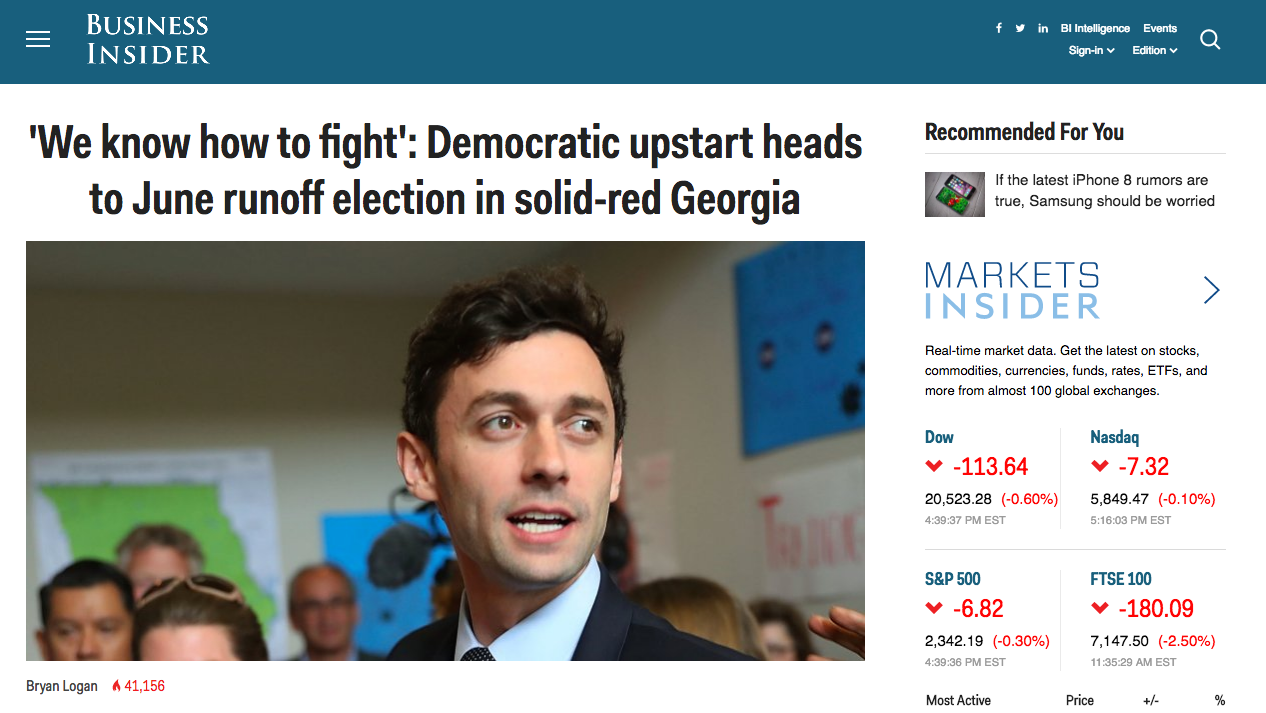
They get lots of readers because of their content, not because of link schemes.
So sites that are naturally popular will likely have little to no unnatural links.
On the other hand, a site that relies heavily on link schemes may look popular to a search engine, but it’s not true popularity.
Remember what I said at the beginning about Cialdini’s six principles?
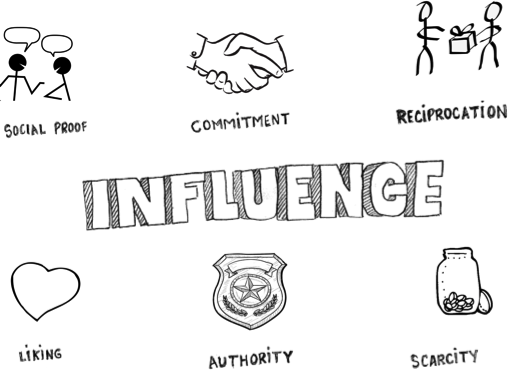
Finding sources for brand mentions
Cialdini argued that social proof matters because we base our decisions partially on those around us.
Social proof also tends to have a domino effect. Viral content is an extreme example of this––people share and reshare the content, and in the end, millions of people see it.
While your brand might not go viral, this is still great news because it means that brand mentions are super easy to get.
First, you should look at where your current brand mentions are coming from.
There are lots of tools you can use for this, and it’s a good idea to use two or more to get as much information as possible.
Here are a few of my favorite tools for finding mentions.
Google Alerts
This is the go-to resource for tracking any sort of mention on the web, and it works perfectly for brand mentions too.

Google Alerts has been around for a long time, but it’s still one of the best alert tools out there.
It’s simple to use, and it’s completely free. It might not be the best option if you want detailed results, but for the price, you can’t beat it.
To set up an alert, go to https://google.com/alerts and enter a keyword or key phrase that you want to be alerted about.
In this case, you’d go with your brand name. I’ll use “Neil Patel” since my name is also my brand.

Before you finalize it, click the little “Show options” text.
Here you can modify how often you get alerts, where you get them from, and much more.
When you’re done, click “Create Alert.”

That’s it! Now you’ll get alerted via email whenever someone mentions your brand.
You can set up multiple alerts, which is ideal if you want to track product mentions.
SocialMention.com
A nice free option is SocialMention.com.

This is basically a search engine for brand mentions. It also gives you the option to narrow your search down to a specific type of channel:
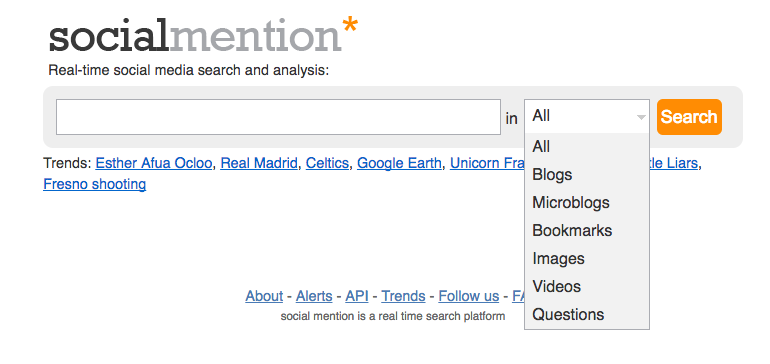
This makes it insanely useful for a tool that’s 100% free. If you’re on a tight budget, this is for you.
Let’s say I want to track brand mentions for Fitbit. I enter “Fitbit” into the box, choose the channel I want (in this case, I’ll just search “All”), and hit “search.”
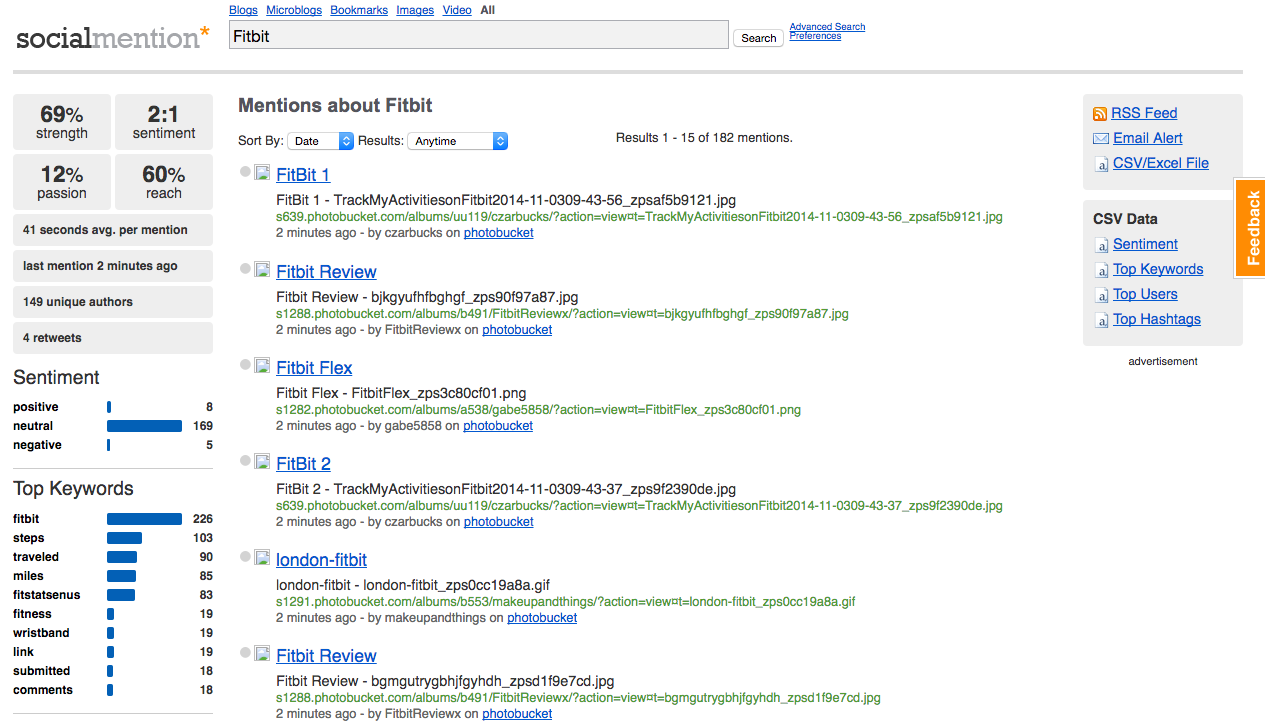
This will show me all of the brand mentions the tool finds, starting with the most recent mentions.
You can also sort the results by date, source, and time period.
Once you find a link that looks promising, click the title tag to visit it.
The link above leads to this article:

What’s interesting is that the article doesn’t link to Fibit’s website or social profiles. So this is an example of a pure brand mention that counts as an implied link.
You’d be surprised at how often this happens. While linking to brand sites is the norm, lots of people and blogs forget to link or just don’t.
You also want to look for mentions on social media networks.
You can do this by looking at the sidebar of Social Mentions. This is a super helpful feature.

You can see different metrics, top keywords, and hashtags. You can also see whether the product is being discussed positively or negatively.
If you scroll all the way down to the bottom, you can see sources for the mentions:

Let’s look at what’s coming from Reddit.
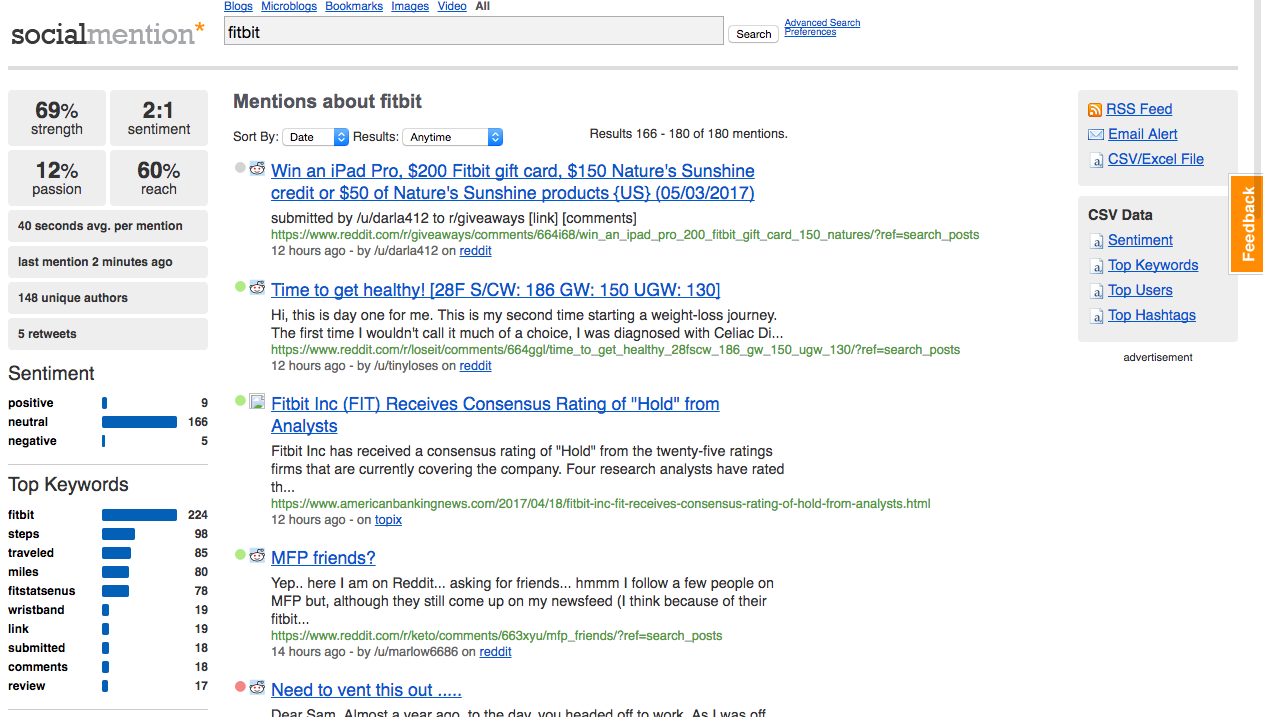
One link leads to an entire subreddit called /r/fitbit:

This is obviously something that any Fitbit worker would love to know about.
Think about it: An entire community talking about your product. Who doesn’t want that?
If you were a Fitbit employee, you could identify this subreddit as a valuable source of brand mentions.
You could do a lot with this knowledge. You could share posts on Reddit yourself or pay for Reddit ads. Both of those tactics could make your SEO way better.
That’s just one of the ways brand mentions can be useful for SEO. (I’ll talk about that in a bit.)
Mention
As the name might suggest, Mention is another brand mention finder.
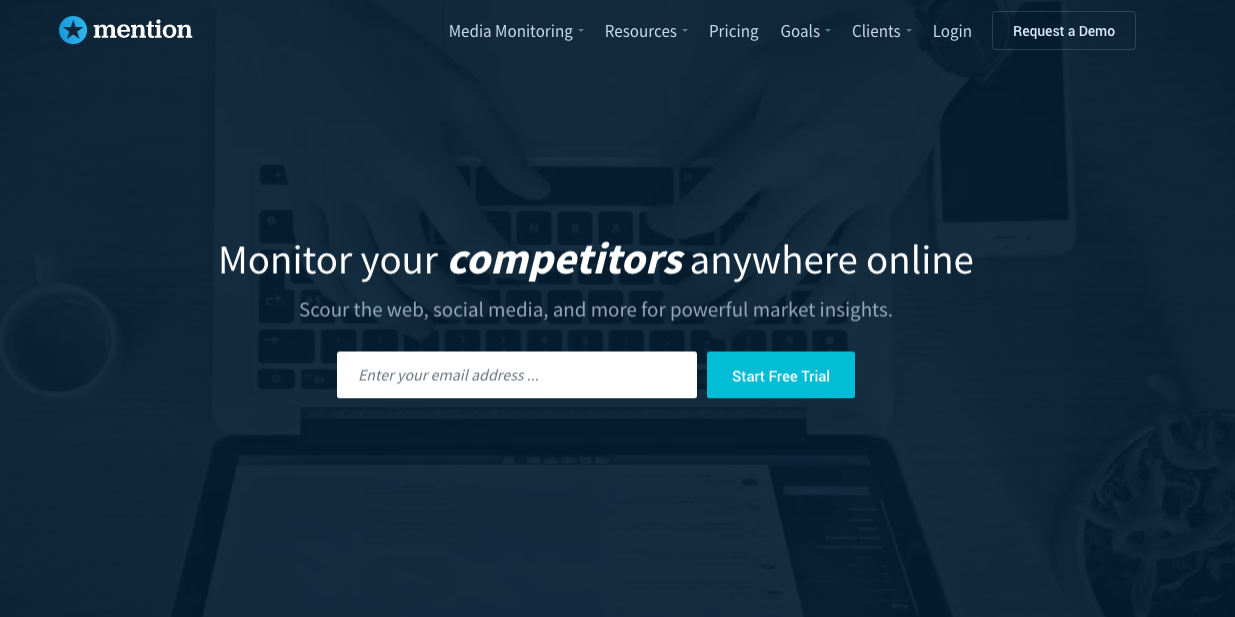
Mention gives you nice graphical results that help you see how your brand is performing online:

With Mention, you can set up alerts that inform you when your brand is mentioned. It’s like a more detailed version of Google Alerts.
One especially cool feature is influencer scores. When a person or company mentions your brand, these scores help you understand how much influence that person or company has.
You can also reply to mentions within the interface itself, which is really handy.
While Mention isn’t free (plans start at $29/mo), it’s much more full-featured than SocialMentions.com.
How to get mentions
Once you’ve found sources, you need to actually get the mentions.
Getting mentions alone can give you a nice SEO increase since they count as implied links. It’s also a best practice for getting your brand out there.
Here are a few different ways to build mentions from scratch.
Guest blogging. I talk about guest blogging a lot because it’s so versatile.
It’s also the perfect avenue to get brand mentions and expose your company to a new audience.
I created a simple 4-step process that I’ll break down here quickly.
First, find sites to guest blog for. You can choose either general authority sites (e.g., Forbes, Huffington Post, etc.) or leading industry blogs (i.e., the most popular blogs in your niche).
Second, read the guidelines carefully and follow the rules. Make sure you know exactly what the blog wants.
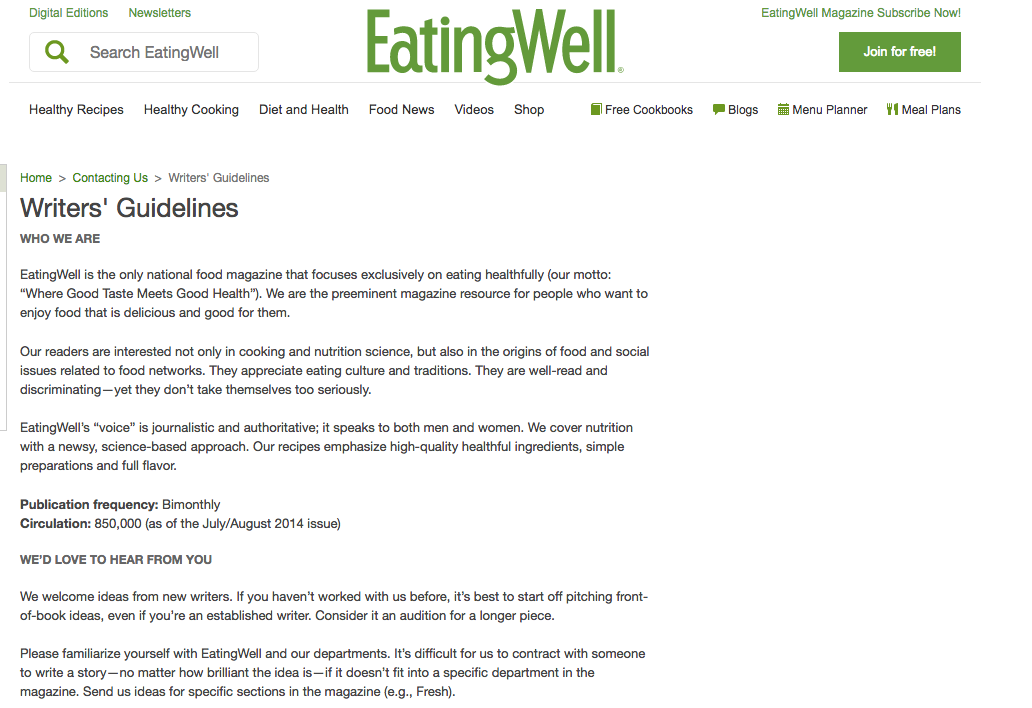
Third, create deep, authoritative content for the blog post. Blogs are picky, so meet and exceed their expectations.
Finally, promote the heck out of your post. Go social, email people, do whatever it takes.
That last step alone will usually get you a ton of brand mentions.
Social campaigns. The right social campaign can make a huge difference. Just ask Dollar Shave Club.
A good social strategy can build a huge buzz around your brand. You’ll probably even get brand mentions outside of social sites too.
This technique is one of the most rewarding but also one of the most difficult. It comes down to knowing your audience and creating something they’ll love.
First, you’ll want to uncover some demographics and psychographics. You can access both of these in Google Analytics:
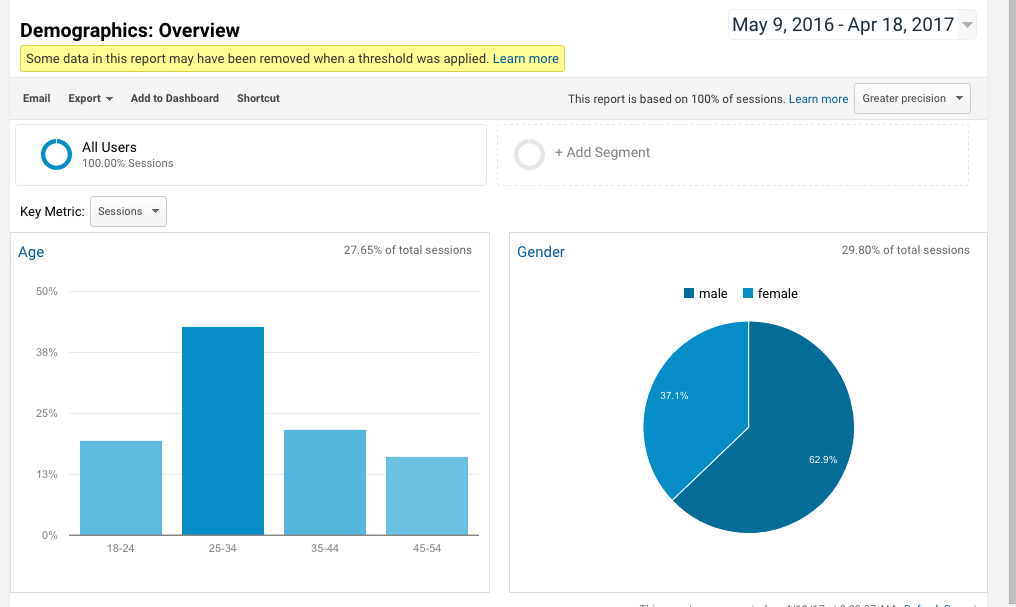
Most social platforms have their own tools where you can see these metrics. Facebook, for instance, has Power Editor:

Once you have a thorough understanding of your audience, create a campaign that capitalizes on their interests.
Make sure your campaign has clear cut objectives, and make sure you choose the right platform for the right campaign.
Customer service. This one seems obvious––of course, great customer service will get people talking.
But you have no idea how many businesses don’t follow through with this.
With automated software and hectic schedules, it’s easier than ever for customers to slip through the cracks. You can’t let that happen.
If you have truly great support and guide your customers, you’ll get rave reviews all over the web.
You can also monitor your mentions on review sites like Yelp.
If you get positive feedback, thank the customer. If you get negative feedback, try to reconcile the situation.
It’s a simple tactic, but it brings big results.
Turn mentions into links
I know what you’re thinking: “Neil, you said Google is moving away from links!”
That’s true. But it hasn’t happened yet.
As of right now, high-quality links still matter. They still influence your rankings in the SERPs.
So one strategy you can use is turning unlinked brand mentions into backlinks.
The first step is to find an unlinked mention using one of the tools I showed you.
Next, use Moz’s Open Site Explorer to check the DA and PA of the site:
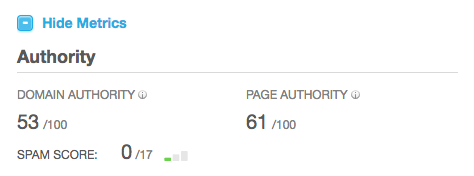
If the site has good scores (around the 40-60 range is great), contact the site and ask them nicely to change the mention into a link.
You should either contact the site owner or if the mention is in an article, the author of the content.
Simple works fine. Try something like this:
Hi [Name of site owner or content creator],
I saw you mentioned my site in [name of article or content here]. I wanted to reach out and say thank you for that.
If it’s not too much trouble, would you mind linking to my site https://example.com? It would help me out a lot.
Sincerely,
[Your name]
That’s all there is to it. Most site owners and authors will be more than happy to take a few seconds and give you a link.
You don’t have to use this technique for every single brand mention you find. Focus on creating more brand mentions and turning some of those into backlinks.
Conclusion
I know this was a long, in-depth article, but I hope you got a lot out of it.
This strategy isn’t too complicated, so anybody can do it. (That means you!)
And it’s rewarding.
If you follow the steps I shared here, you’ll see your rankings go up, and you’ll get more traffic and followers.
As I always say in connection to SEO, this is a long-term strategy. There are no overnight successes in SEO.
But it’s definitely worth it. Brand mentions are insanely valuable, and just getting lots of them can push your rankings up.
They also improve the perception of your brand online, so more positive brand mentions equal more people who think positively about your brand.
I recommend using this in conjunction with all of your current SEO strategies. If you do that, you’ll get even more out of what you’re already doing.
What’s your experience with building brand mentions? How has it helped your SEO?



